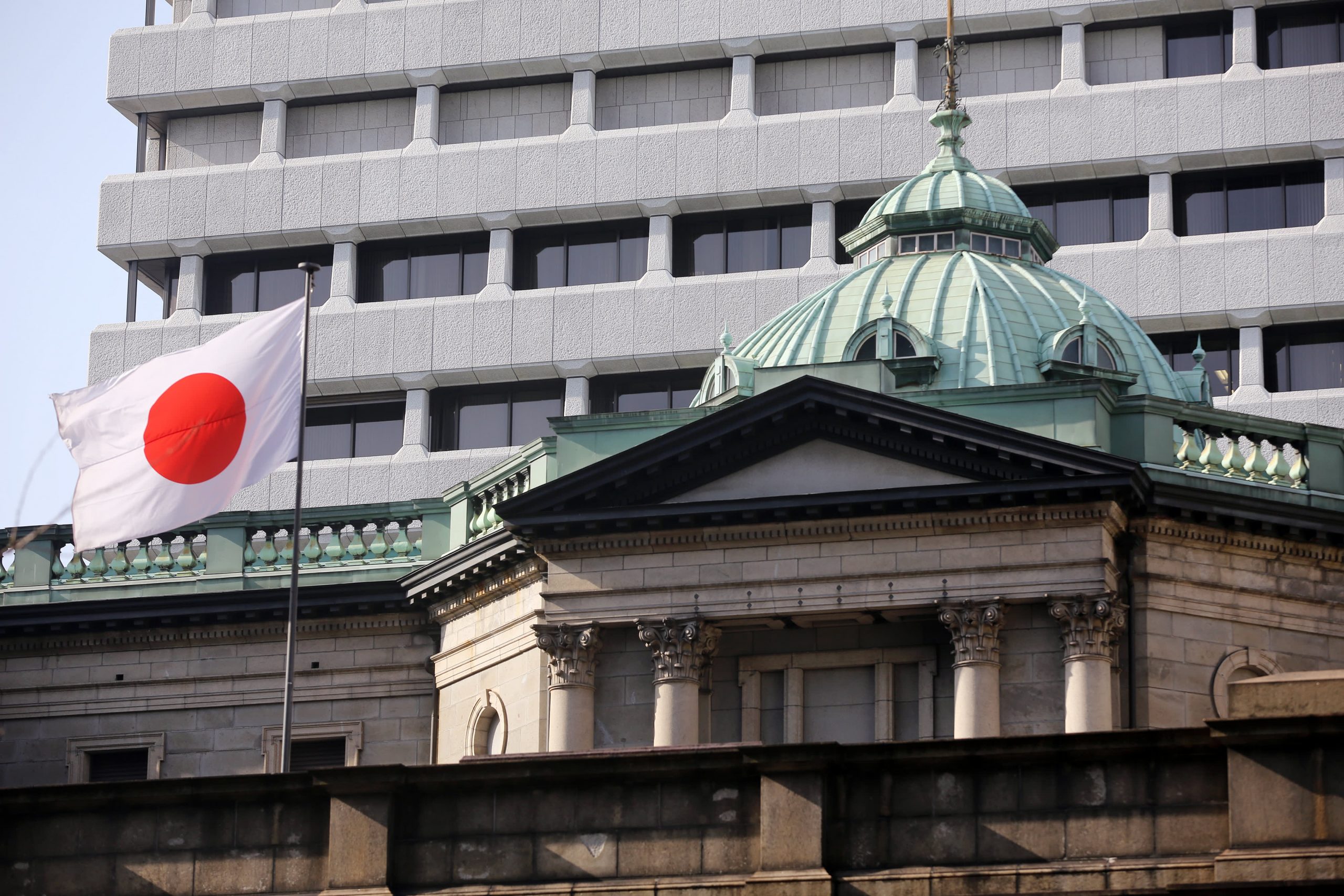TOKYO — In its first meeting under the new governor, Kazuo Ueda, on Friday, the Bank of Japan maintained its ultra-easy monetary policy but amended its forward guidance and said that it would examine previous loosening during the previous 12 to 18 months.
An evaluation of the unorthodox strategy, which has been used for more than 20 years, is seen as a first step in setting the foundation for a possible exit. “The Bank has decided to conduct a broad-perspective review of monetary policy, with a planned time frame of around one to one and a half years,” according to a statement from the BOJ.
The yen fell in value versus the dollar towards 135 as a result of the sentence being largely regarded as an extension of the commitment to the current policy framework. The Nikkei Stock Average increased by nearly 1% as a result of the stock market’s fervent response to the ruling.
Hideo Kumano, chief economist at the Dai-ichi Life Research Institute, said that it doesn’t seem likely that the BOJ will alter its approach very soon. He stated that he anticipates the central bank will preserve the current structure while making minor changes to the policy.
The central bank maintained its short-term rates at roughly minus 0.1% and its interest rate on 10-year Japanese government bonds at roughly zero. The BOJ remained dedicated to the unrestricted acquisition of Japanese government bonds.
The BOJ revised its forward guidance on its future course of action by removing the statement that “it also expects short- and long-term policy interest rates to remain at their present or lower levels.” This could mean that the central bank is abandoning its easing tendency.
The choice was made in the midst of ongoing worries about the stability of the financial system in the wake of the failure of two local banks in the United States and the government-led bailout of Credit Suisse in March.
As long as global inflation continues to rise after rate increases by the US Federal Reserve, economic worries will only get worse. The U.S. economy will likely enter a recession later this year, according to economists.
In a separate quarterly outlook report, the BOJ’s nine board members’ median inflation forecasts increased to 1.8% for the fiscal year ending in March 2024 from 1.6% three months earlier and to 2.0% from 1.8%. The forecasts concern core inflation, which does not include volatile fresh items.
Additionally, the forecasts indicate that core inflation will drop back to 1.6% in fiscal 2025, indicating that the BOJ does not anticipate that the economy will consistently achieve its target of 2% inflation.
It has been questioned if the BOJ’s policy of yield curve management, which fixes 10-year JGB rates at almost zero and allows movements of up to 50 basis points above or below that level, is to blame for the steep devaluation of the yen and the stagnation of bond market activity. The BOJ has been forced to use drastic measures, such as limiting short-selling and allowing only restricted bond purchases, to lower interest rates within its target range.
Ueda, who succeeded Haruhiko Kuroda on April 9, recognized that the existing strategy does have negative impacts but indicated that he intended to change it gradually. He is anticipated to initially loosen the bank’s policy before gradually tightening it as Japan’s inflation takes hold.




